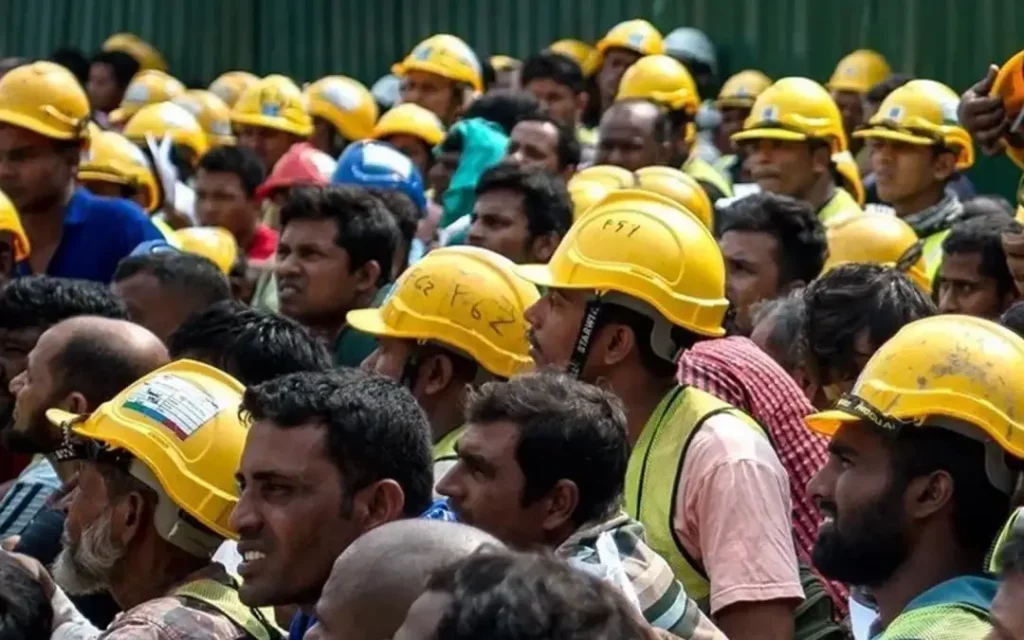In a major shift to its foreign labour policy, Malaysia has officially announced that migrant workers can now change jobs across different industries. This is a big change from the previous rule that allowed foreign workers to switch employers only within the same sector, and only in special situations.
Home Minister Saifuddin Nasution Ismail said the decision was made to help both foreign workers and employers. The update was shared in a statement after he and Human Resources Minister Steven Sim co-chaired a high-level meeting on foreign worker management. According to Saifuddin, this new policy marks a turning point in how Malaysia handles migrant labour.
Previously, a migrant worker in Malaysia could only change jobs within the same type of work—for example, from one construction company to another—if their first employer was closing down, expanding, or restructuring. They also needed to get permission from the Labour Department of Malaysia. These limitations made it hard for workers who were unhappy or underpaid to find better jobs in other fields.
Now, with the latest decision, migrant workers are allowed to apply for a cross-sector job transfer, meaning they can move from one industry to another—such as from manufacturing to agriculture or construction—if they find a new job opportunity. This is seen as a more flexible and fair approach, especially for workers facing challenges in their current roles.
“This is a best practice that is supported by international labour organisations and has already been applied in other developing countries,” Saifuddin said. He added that the decision would not only benefit the economy but also ensure better protection for foreign workers in Malaysia. It shows that the government is trying to make the system more worker-friendly while also meeting business needs.
In another important change, Saifuddin said that employers must now be physically present at international exit points when their foreign workers are leaving Malaysia. This rule is similar to the requirement that employers must be present at entry points when their workers first arrive in the country. The goal is to improve monitoring of worker movements and ensure employers take full responsibility for their workers from start to finish.
He warned that if employers fail to follow this new rule, they could face strict penalties, such as being blocked from applying for new foreign worker quotas or facing other immigration restrictions. The government wants employers to play a bigger role in handling their workers’ arrivals and departures properly.
The new policy is part of Malaysia’s effort to improve foreign labour management, reduce worker exploitation, and meet international standards. It is also expected to help fill gaps in certain industries that need urgent manpower while giving foreign workers more freedom and better working conditions.

